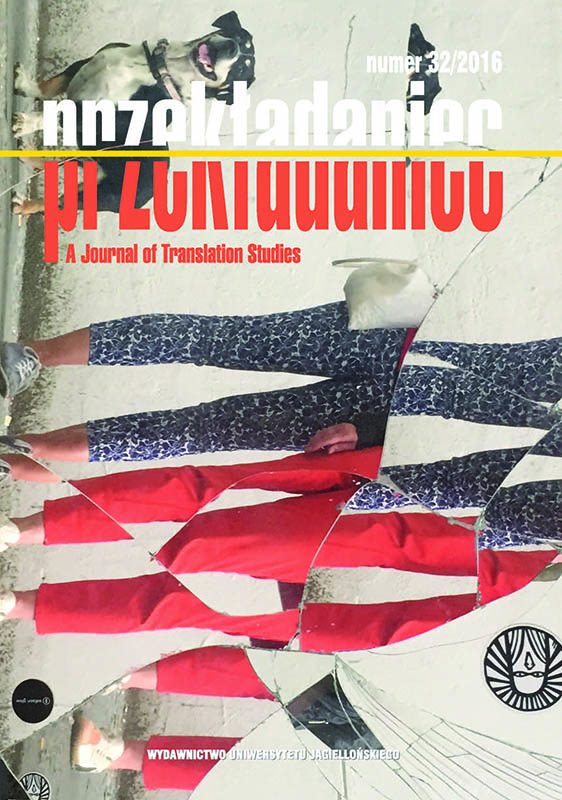Paradoks wieczności i przemijania: doświadczenie czasu w That in Aleppo Once... Vladimira Nabokova oraz w jego polskich przekładach
The Paradox of Eternity and Evanescence: The Experience of Time in Vladimir Nabokov’s That in Aleppo Once... and Its Polish Translations
Author(s): Bartłomiej MusajewSubject(s): Translation Studies
Published by: Wydawnictwo Uniwersytetu Jagiellońskiego
Keywords: translation; short story; narrative; Nabokov; tense; time
Summary/Abstract: Nabokov’s definition of art is based on a paradox. The eternization of evanescent beauty annihilates this beauty; by annihilating beauty, art annihilates itself. Even though there may exist a transcendent order, we can only access it in an indirect way, limited by time and ego. This paradox is strongly inscribed in the structure of That in Aleppo Once…, whose narrator is entangled in this circular dynamics between eternity and evanescence, creation and autodestruction. Only on the level of the author and the reader, that is on the level transcendent in relation to the fictional world, is there the possibility of passing from egocentric narratorial perspective to intersubjective space of language. In translation, this space has to be organized according to different rules. This is visible in two different Polish translations. One is by Teresa Truszkowska, who slightly reduces the narrator’s obsession as a result of a more rationalizing interpretation; the other is by Leszek Engelking, who sometimes even emphasizes this obsession.
Journal: Przekładaniec.
- Issue Year: 2016
- Issue No: 32
- Page Range: 213-225
- Page Count: 13
- Language: Polish

